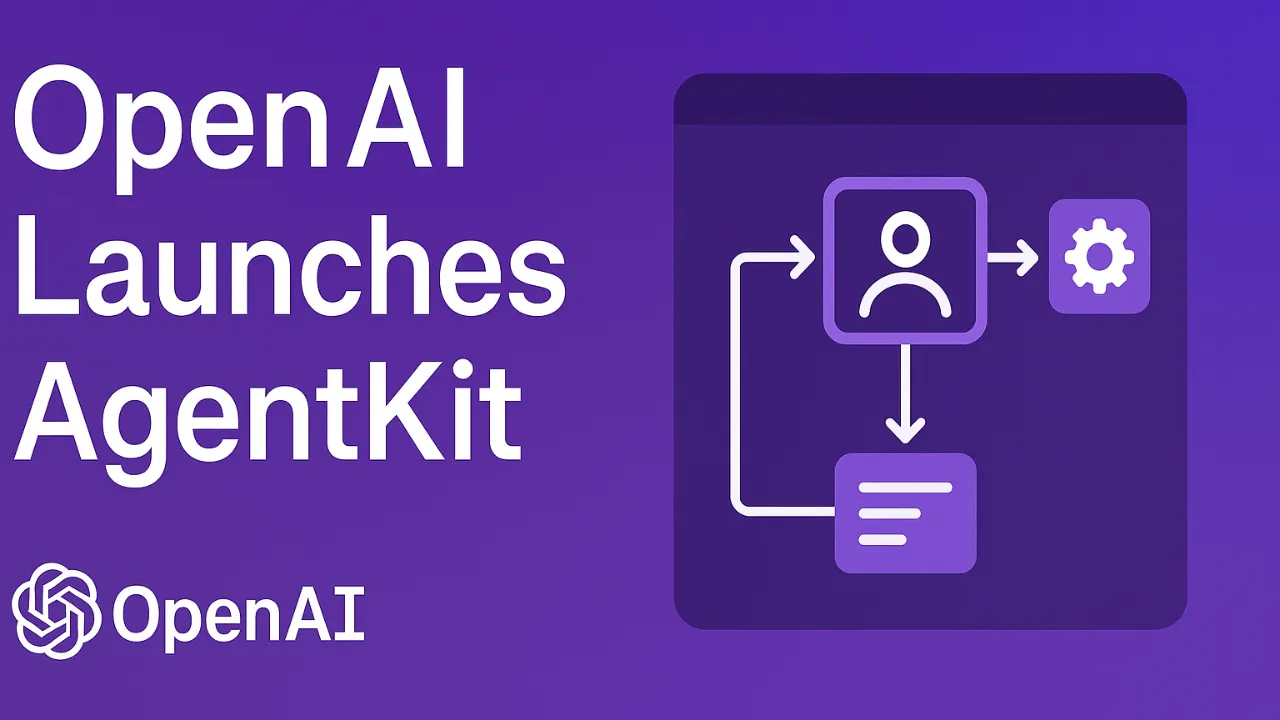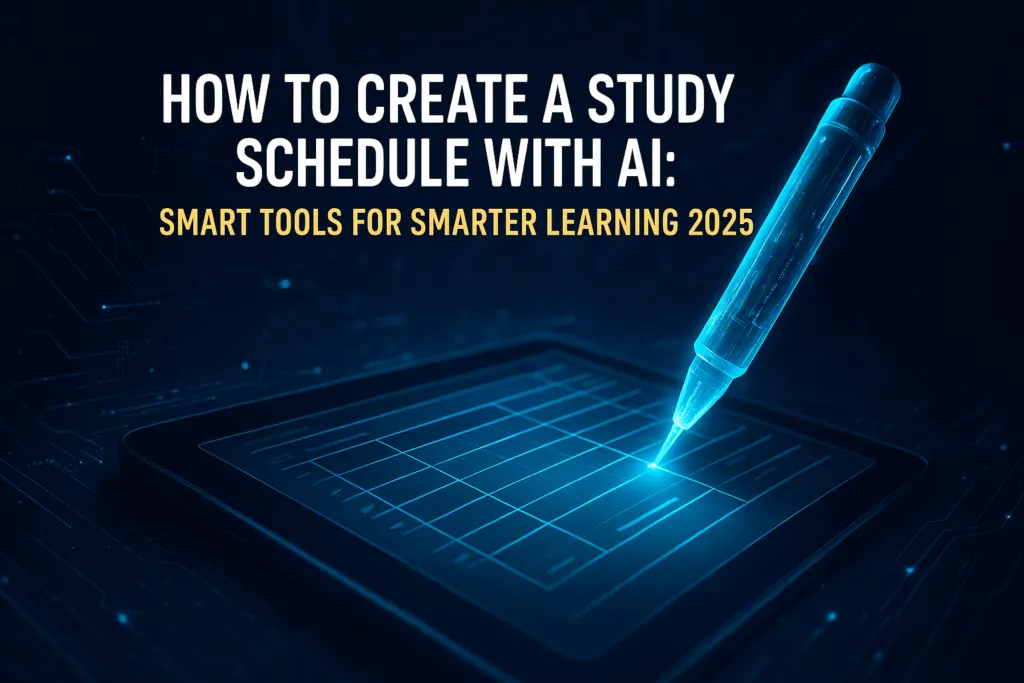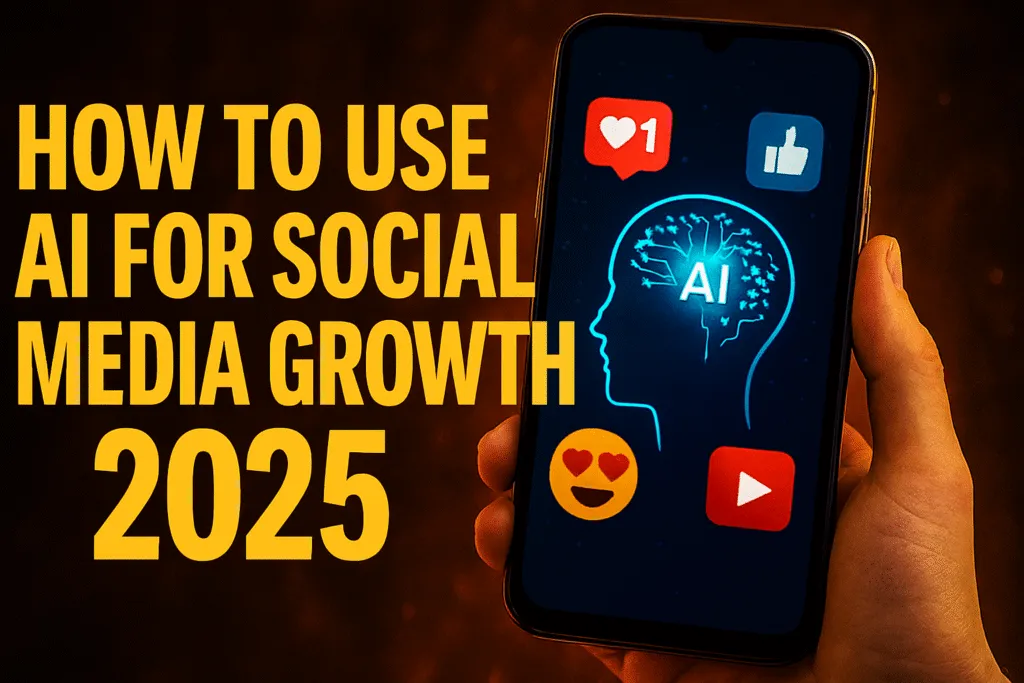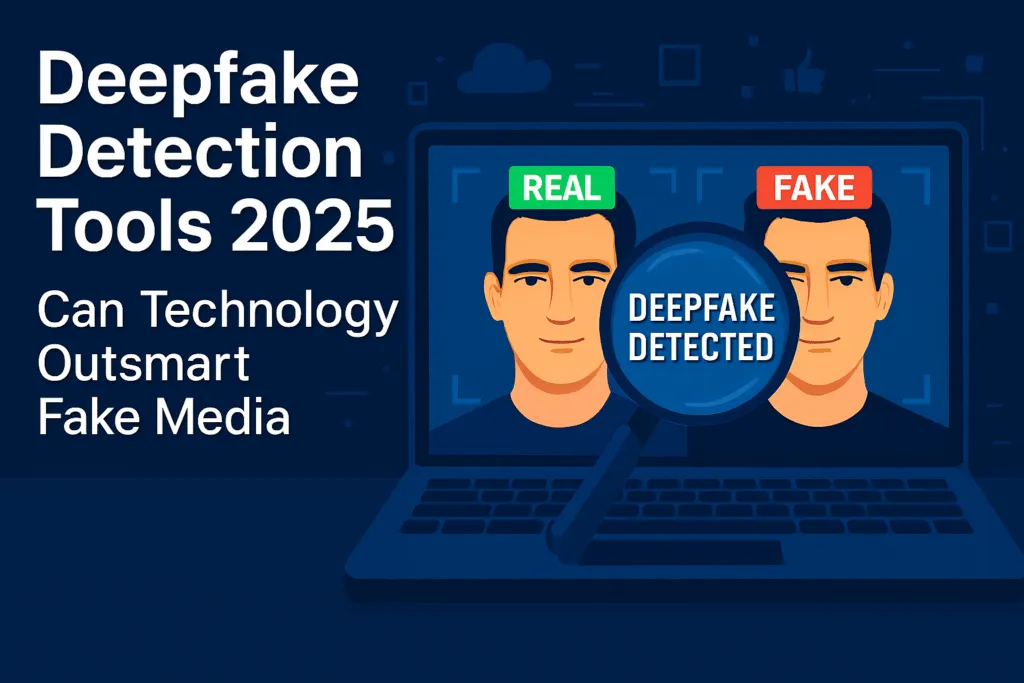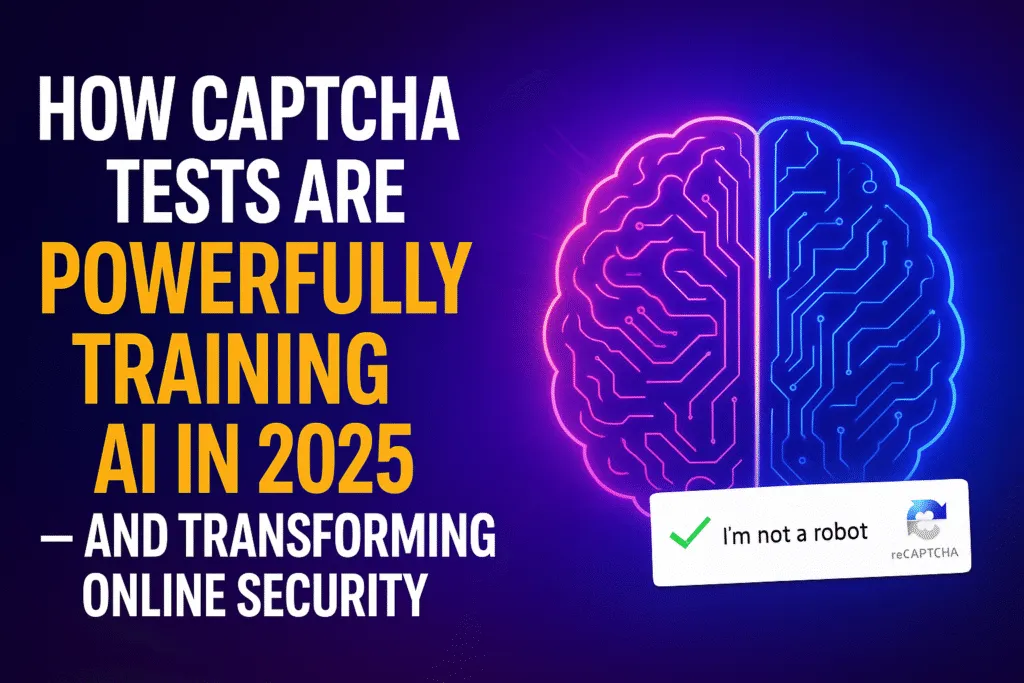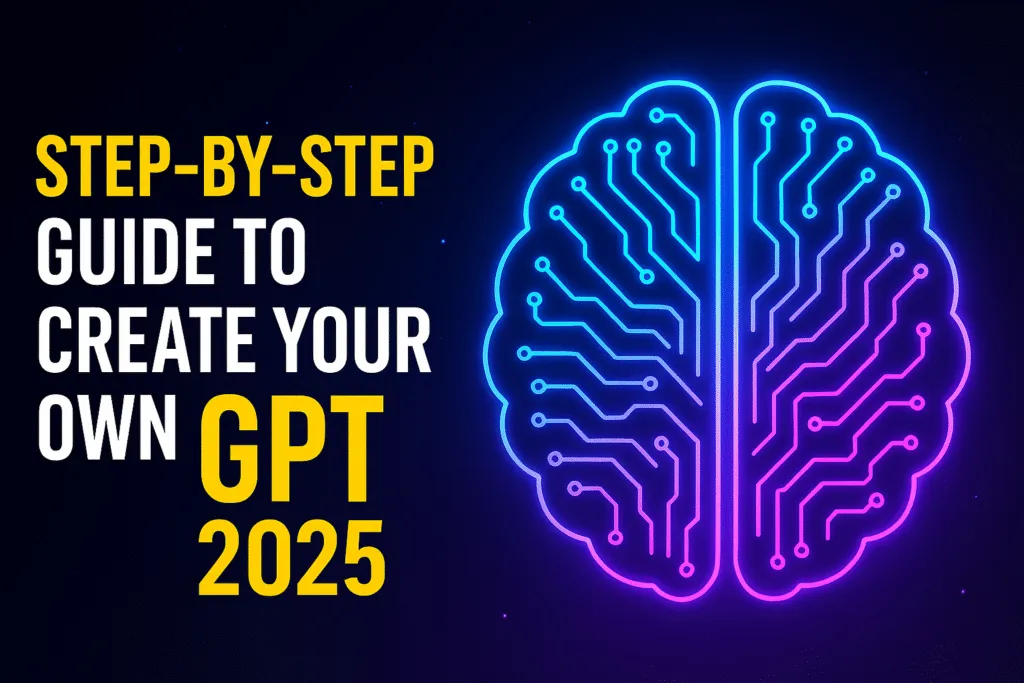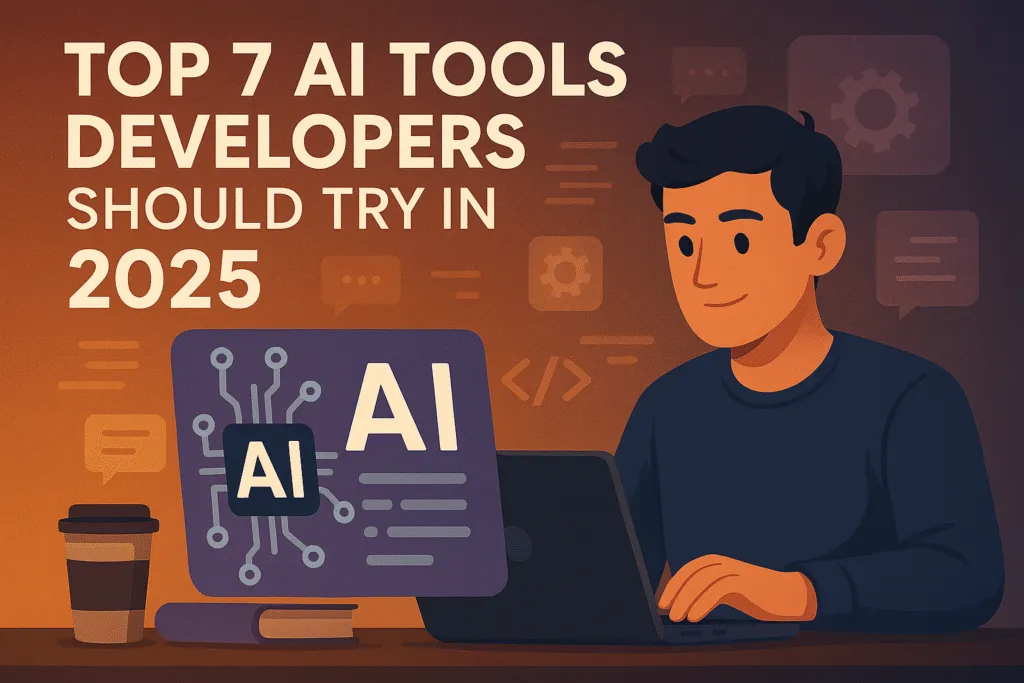Google teams up with Accel to hunt for India’s next AI breakouts
Google is once again doubling down on India — this time by partnering with Accel to find, fund and fast-track early-stage AI startups that could become the country’s next global successes. The move combines Google’s AI resources with Accel’s deep startup playbook, creating a clear path for promising founders to scale fast — both inside India and beyond.
Why this partnership matters: Google brings muscle, Accel brings reach
India’s startup ecosystem has churned out world-class founders for years, but AI-first companies need a different kind of support: access to models, compute, product mentorship and international go-to-market guidance. Google brings model access, cloud infrastructure and programmatic funding through its AI Futures Fund; Accel contributes founder networks, deal experience and its Atoms accelerator. Together they’re building a pipeline tailored to AI-native businesses.
What each party contributes
- Google: co-investment capital, Google Cloud credits, access to Gemini/DeepMind technologies, technical mentorship and product assistance.
- Accel: selection and accelerator operations through its Atoms program, founder coaching, and follow-on venture expertise.
The program in a nutshell: funding, credits and focused cohorts
Under the new collaboration, Google and Accel will jointly back a cohort of pre-seed and seed AI startups in India. Each selected company could receive up to $2 million in total co-investment, with both firms contributing — typically up to $1 million each. Selected startups will also receive significant Google Cloud support and technical access that can materially reduce the time and cost of building production AI products.
The cohort — described in media coverage as the Atoms AI Cohort 2026 — specifically targets AI-first founders building products in areas such as creativity, entertainment, workplace productivity and coding tools. Accel and Google have highlighted a desire to support founders building for India’s huge domestic market as well as those aiming globally.
Why India is the target — and why timing is right
India’s AI ecosystem is growing fast. Large consumer markets, vast amounts of multilingual data, and a rising class of technically skilled entrepreneurs make India attractive for both product-market fit and talent. Google’s increased involvement follows broader investments in the country — including a recently announced multibillion-dollar AI hub and data center plans — signaling that big tech sees India as a strategic location for next-generation AI products.
For founders, this is a moment to move quickly. Investors and global platforms are actively scouting for AI-first teams that can ship robust products and scale internationally. Accel and Google want to ensure Indian founders don’t get left behind in a race where speed to market and model access are decisive.
What founders should expect from Google and Accel’s offer
If your startup gets selected, here’s what typically changes overnight:
- Access to compute and models: Google Cloud credits and access to Gemini or DeepMind resources accelerate experimentation and productization.
- Product and engineering mentorship: Technical sessions and hands-on help to move from prototype to production.
- Co-investment: Non-dilutive credits plus equity funding up to the announced ceiling, easing short-term financing pressure.
- Go-to-market support: Accel’s network and Google’s distribution channels can open doors to enterprise customers, platforms and distribution partners.
Where Google’s AI Futures Fund fits in
This deal is routed through Google’s AI Futures Fund, an initiative launched to back AI startups globally. The fund has already supported companies across regions and sectors, and this partnership marks a major step in expanding its India footprint. By combining financial backing with product and cloud support, Google aims to reduce friction for startups that otherwise struggle to access high-quality models and scale infrastructure.
What the ecosystem gains — beyond capital
Capital is important, but the partnership brings other less visible benefits:
- Speed to production: Startups can iterate faster when they don’t have to solve infrastructure or base-model access problems from scratch.
- Talent magnet: Programs backed by Google and Accel attract engineers and product leaders who want to work on ambitious AI problems.
- Global validation: Association with Google and Accel increases credibility with international customers and investors.
- Localized AI solutions: Focused cohorts encourage products that address India’s multilingual, mobile-first user base — solutions that may also translate to similar emerging markets.
Risks and realistic expectations
This opportunity is significant, but it’s not an automatic ticket to success. Founders should remember:
- Execution trumps ideas. AI-first concepts must show real user value, not just model demos.
- Unit economics matter. Investors still demand paths to sustainable revenue or defensible scale.
- Compliance and safety. Working with large models and user data requires careful attention to privacy, bias and regulatory guidelines. Google and Accel will expect robust guardrails.
How founders can prepare to be noticed by Google and Accel
If you’re building an AI company in India, consider the following immediate steps:
- Ship a focused demo: Show a concise product that solves a clear problem for a target user.
- Measure engagement: Even small cohorts with repeat use are more persuasive than feature-heavy but unused prototypes.
- Optimize cost: Use efficient model choices and instrument metrics for latency, cost and accuracy.
- Document data lineage: Be transparent about training data and privacy safeguards.
- Think global, start local: Prove product-market fit in India while showing why the product could scale internationally.
Bottom line: a major vote of confidence in Indian AI
Google teaming up with Accel is more than a funding announcement — it’s a strategic play that signals confidence in India’s ability to produce AI products at global scale. For founders, it creates a valuable short-cut to technology, funding and distribution. For the wider ecosystem, it raises the bar: the next wave of Indian AI startups will need to be faster, safer and more product-focused than ever.
If you’re an AI founder in India, now is the time to sharpen your demo, validate user demand and make your product irresistible. Programs like this won’t replace grit and execution, but they can provide the rocket fuel that helps great teams reach orbit.
Also Read: Rakesh Roshan invests ₹19.68 crore in Andheri offices









